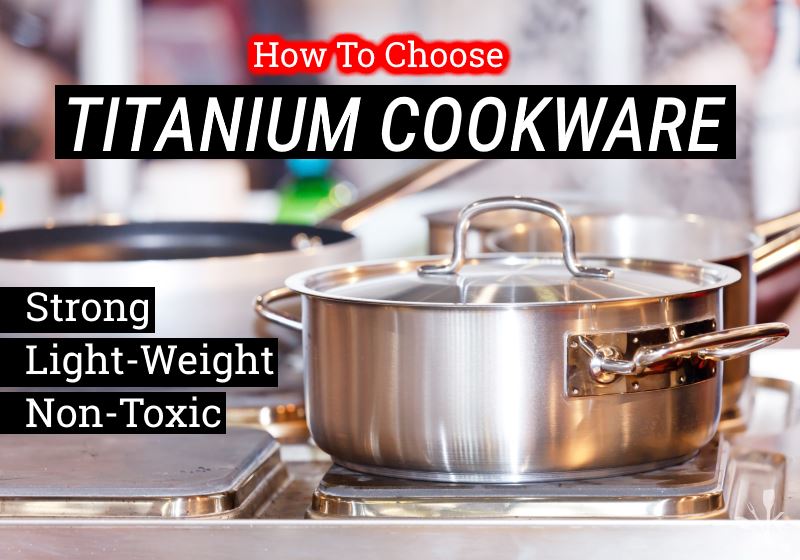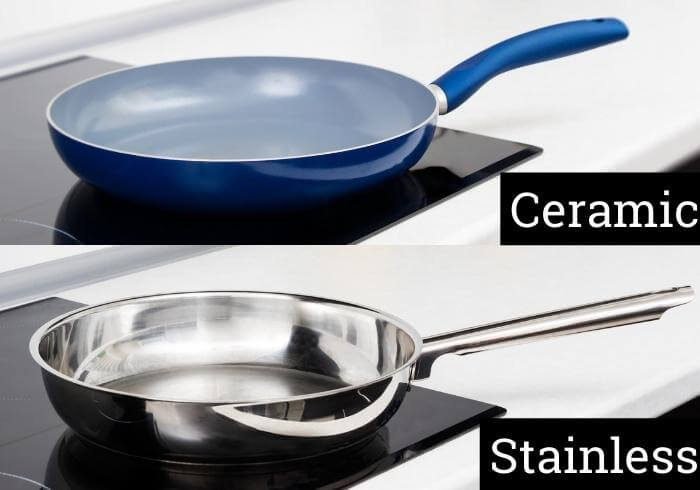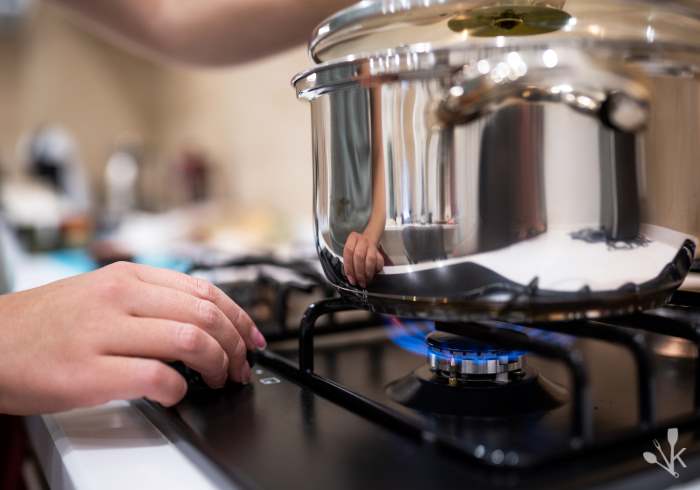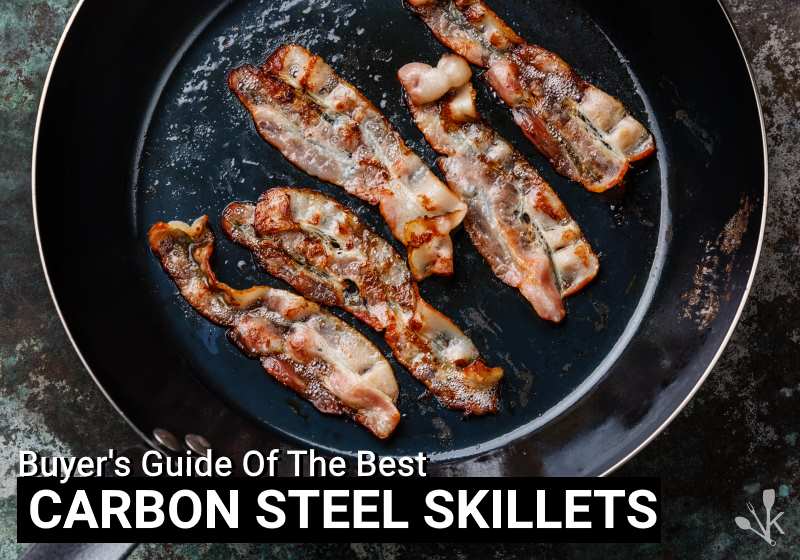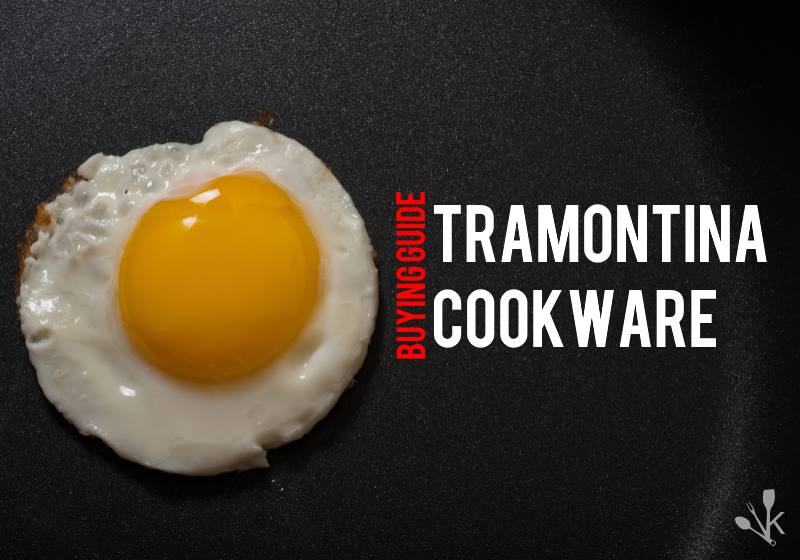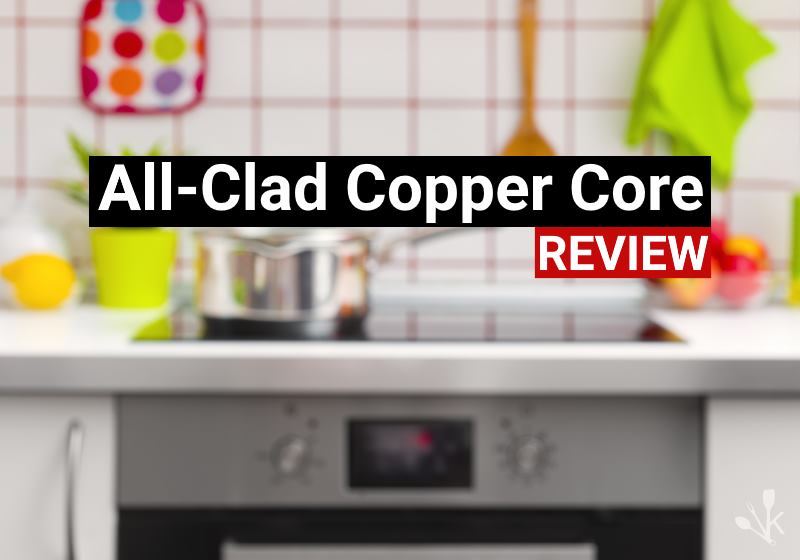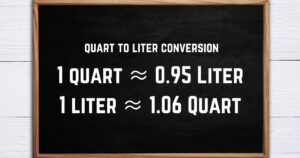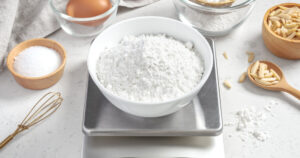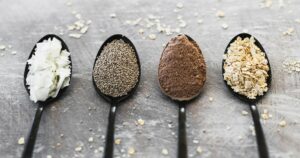Aluminum is cheap and conducts heat well, so it’s a natural metal to consider in the construction of cookware.
However, previous autopsies of those who’d suffered from Alzheimer’s disease indicated high levels of aluminum in the brain. How did it get there?
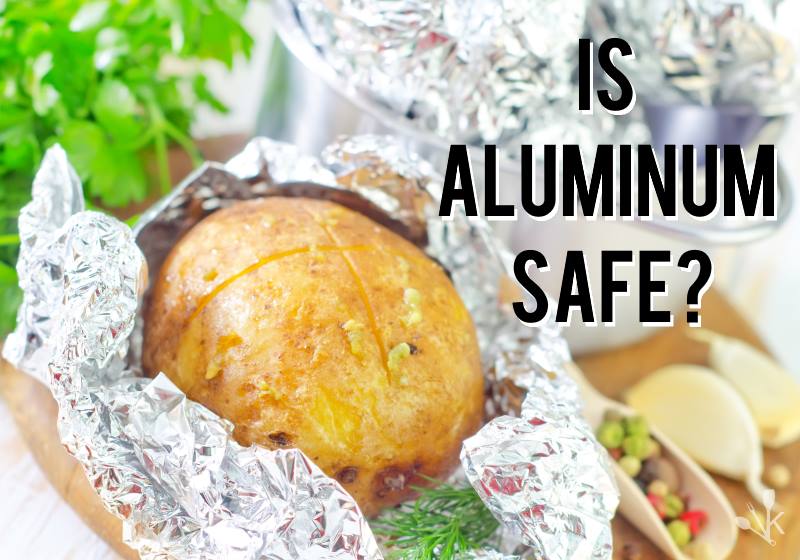
Is Aluminum Safe To Cook With?
Anodized aluminum non-stick pots are ubiquitous in kitchen all over the world. The non-stick surface, either Teflon or ceramic, provides a durable seal against aluminum leaching into your food.
A bare aluminum pot is more likely to add aluminum to your food, particularly if you use it to cook acidic food such as tomato-based dishes. However, this form of aluminum intake may not be dangerous.
Per Dr. Gary Wenk with Psychology Today aluminum settles into damaged tissues. If you have brain disease and take in large amounts of aluminum salts, these minerals will settle in your brain.
The aluminum will settle in your kidneys if you have a renal illness and in cardiac tissue if you have heart disease. Aluminum build-up is a by-product of illness, not a cause.
Are Aluminum Pans Safe?
Aluminum pots and pans usually either have a layer of non-stick material between the body of the pot and your food, or there’s a layer of chemically forced oxidation to prevent aluminum leaching.
This oxidation will appear matte, and you can make it permanent by boiling water in your new aluminum pots repeatedly until that matte finish is consistent around the interior of the pot.
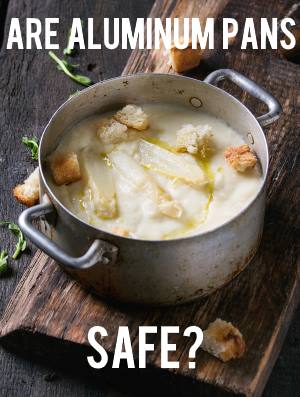
They may be prettier if they’re shiny, but they’re safer if they’re not.
Anodized cookware dangers include the release of toxins caused when non-stick surfaces are heated. This is a source of frustration for many cooks trying to reduce the fat in their cooking.
To cook with little oil, you usually need nonstick cookware, but non-stick cookware has its own dangers, many of which didn’t come to light until an entire generation had learned to cook on materials commonly called Teflon.
New nonstick materials offer a promise of a safer cooking surface.
Aluminum Foil Health Risks
Per the World Health Organization, adult humans can safely take in 40 mg of aluminum per kilogram of body weight, or 18 mg per pound. As a general rule, humans take in much more.
Is cooking with aluminum foil safe?
As previously stated, aluminum cookware offers a variety of barriers between your food and your pan such as an oxidation layer. However, aluminum foil has no oxidation layer.
If you suffer from cardiac illness, kidney damage or high blood pressure which can put your brain at risk, it’s best to avoid anything cooked in aluminum foil.
Per experts cited in The Huffington Post, aluminum foil leaches more aluminum into your food than will occur if you use an aluminum pot.
Is Aluminum Bad For You?
Aluminum is present in plants that draw nutrients from the soil and in the flesh of animals they eat. It’s also used as a binder in some water purification systems and occurs naturally in the environment.
However, healthy tissue generally doesn’t capture and hold aluminum.
Per publications by the National Institutes of Health, extreme intake of aluminum such as by breathing aluminum dust can lead to neurotoxicity.
Ingesting aluminum products such as antacids does not indicate a higher risk of Alzheimer’s disease or neurotoxicity.
Aluminum and Cancer
The main connection between aluminum exposure and this frightening illness isn’t food based. Rather, it relates to a false connection between breast disease and the use of antiperspirants.
Per authorities with the American Cancer Society there has not been a proven connection between breast health, underarm shaving, and the application of antiperspirant.
However, there are correlations between Chronic Kidney Disease and cancer. For those who suffer from reduced kidney function or who are undergoing dialysis, there is a heightened risk of developing other diseases as well.
A study published by the National Institutes of Health says that those who receive a kidney transplant have a three to four times higher risk of developing tumors.
Promoting Healthy Cleansing of the Body
There are many articles and programs offering suggestions for detoxing and cleansing the body. If healthy, the body can usually take care of this on its own. However, there are certainly things you can do to help your body clear away build-ups of minerals that may lead to tissue damage, like aluminum.
- Monitor your blood pressure. Per the American Heart Association, high blood pressure can damage your brain and your kidneys as well as your cardiac system, all places where aluminum will collect if your tissues are vulnerable. Your blood pressure will also be impacted by your physical activity level and body weight.
- Avoid excess aluminum intake. Few of us are exposed to toxic levels of aluminum dust, but all of us eat. Per the University of Minnesota extension office levels of aluminum in beef cattle can be problematic. Eating lower on the food chain is a simple way to reduce your exposure to aluminum.
- Monitor your nonstick pans. If the surface is damaged, replace them. If possible, cook acidic foods in glass dishes or in stainless steel pots.
Final Thoughts
Aluminum exposure is likely a small risk for healthy people. This is a mineral that seeks out and binds to damaged tissue in the brain and other organs.
You can take steps to avoid it with a few simple adjustments in your kitchen tools and your food intake.
In addition, take good care of your body by keeping an eye on your blood pressure and taking in plenty of fluids to support kidney function.

